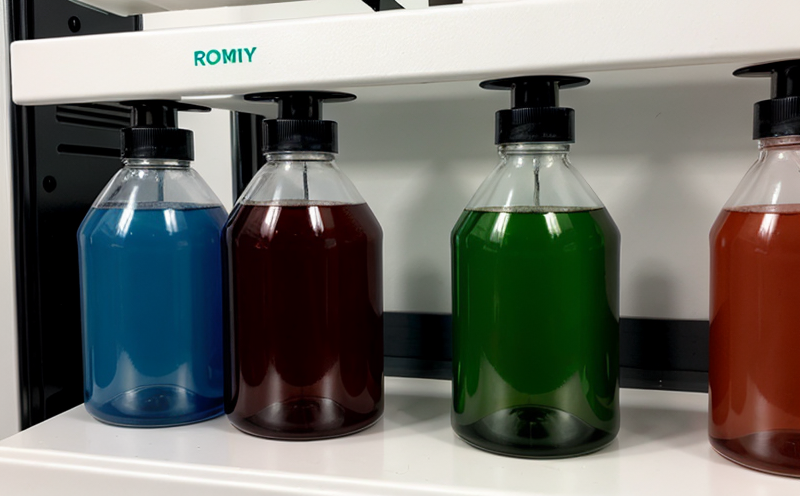ASTM D4065 Dynamic Mechanical Polymerization Reactivity Testing
The ASTM D4065 Standard Test Method provides a standardized approach to evaluating the viscoelastic properties of polymers and polymer blends under oscillatory shear stress. This method is particularly valuable in understanding how reactive polymers behave during processing, such as extrusion or injection molding.
The test measures the complex modulus (G*) and phase angle (δ) over a range of frequencies at a defined temperature. These parameters provide insights into the material's ability to store and dissipate energy, which is crucial for predicting its performance in real-world applications. This service ensures that materials meet industry standards and can be safely processed without degradation or unexpected behavior.
Dynamic mechanical analysis (DMA) tests are essential in polymer research and development because they allow scientists to tailor the properties of polymers by adjusting processing conditions. By understanding how reactive polymers respond under various conditions, manufacturers can optimize production processes and ensure product quality.
The ASTM D4065 method is widely used across industries where high-performance polymer materials are critical, such as aerospace, automotive, electronics, and consumer goods. In these sectors, the accurate determination of viscoelastic properties can significantly impact material selection and final product performance.
For quality managers and compliance officers, this test ensures that materials meet regulatory requirements, enhancing product reliability and safety. For R&D engineers, it provides critical data for material development and process optimization. Procurement teams benefit from knowing that suppliers adhere to industry standards, reducing the risk of substandard materials reaching production.
Why It Matters
- Ensures compliance with ASTM D4065 standards for viscoelastic property evaluation.
- Aids in the optimization of processing conditions to avoid material degradation during production.
- Enables accurate prediction of polymer behavior under varying stress and temperature conditions.
Scope and Methodology
The ASTM D4065 test encompasses a range of frequencies and temperatures to evaluate the viscoelastic properties of polymers. The scope includes determining complex modulus (G*) and phase angle (δ) values that help characterize how materials respond to stress.
| Parameter | Description |
|---|---|
| Complex Modulus (G*) | The measure of a material's resistance to deformation when subjected to oscillatory shear stress. |
| Phase Angle (δ) | The phase difference between the applied stress and the resulting strain, indicating the energy dissipation mechanism of the material. |
The test involves subjecting a sample to oscillatory shear stress at specified frequencies and temperatures. The specimen is typically a small rectangular prism or disk with dimensions suitable for the DMA equipment used in testing. After each measurement, data is collected and analyzed to determine the viscoelastic properties of the polymer.
Customer Impact and Satisfaction
- Improves product quality by ensuring compliance with industry standards.
- Reduces production errors and material waste through accurate process optimization.
- Enhances customer trust by delivering reliable, high-performance materials.





